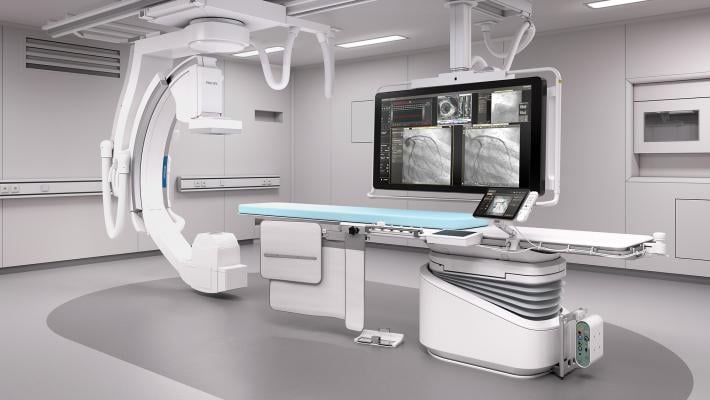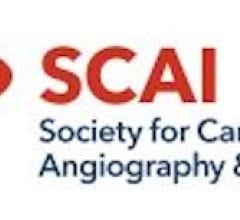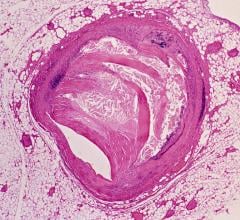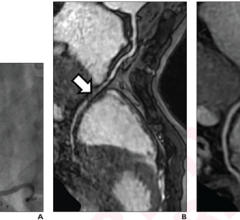
November 15, 2017 — Philips announced the results of a comprehensive, independent, two-year study demonstrating the clinical workflow benefits of its next generation image-guided therapy platform, Azurion. The study investigated nearly 800 patient procedures to evaluate the impact of Azurion at St. Antonius Hospital in Nieuwegein, the Netherlands. The data demonstrated clinicians' use of Azurion resulted in significant time savings for the hospital, including a 17 percent reduction of the average interventional procedure time, a 12 percent reduction of in-lab patient preparation time, and a 28 percent reduction of post-procedure lab time.
"As the use of image-guided therapies continue to rise, new systems need to be easy and intuitive to use so clinicians can quickly and efficiently move through procedures," said Marco van Strijen, M.D., interventional radiologist, St. Antonius Hospital. "With the Azurion system, we were able to change our workflow in such a way that we now can do more patients in a single day, resulting in more patients a week, resulting in more patients per year, with no compromise to patient safety or quality of care."
Overall, the improvements achieved with Azurion will give St. Antonius Hospital the ability to treat one more patient per day – on an average of 6 to 8 patients per day, to help hundreds more patients each year. The reduced preparation, procedure and cath lab time resulted in fewer planned cases finishing after normal working hours and higher employee satisfaction. St. Antonius Hospital, treating more than 93,000 patients annually, was among the first hospitals to install Azurion and participated in this comprehensive study to evaluate the impact of the new platform and its clinical workflow on their department.
Azurion supports a full range of configurations across a broad spectrum of image-guided therapy procedures. It helps physicians perform interventional procedures through an intuitive interface and easy-to-use controls for clinical image capture, decreasing procedure times and allowing for more accurate scheduling of patients. Additionally, Azurion makes it easier for staff to anticipate and see the information they need, when they need it, helping procedures flow more efficiently and easily.
During the Radiological Society of North America's (RSNA) 2017 Annual Meeting, Nov. 26-Dec. 1 in Chicago, attendees will have the opportunity to experience Azurion first-hand at the Philips booth.
For more information: www.usa.philips.com/healthcare


 October 24, 2025
October 24, 2025 









